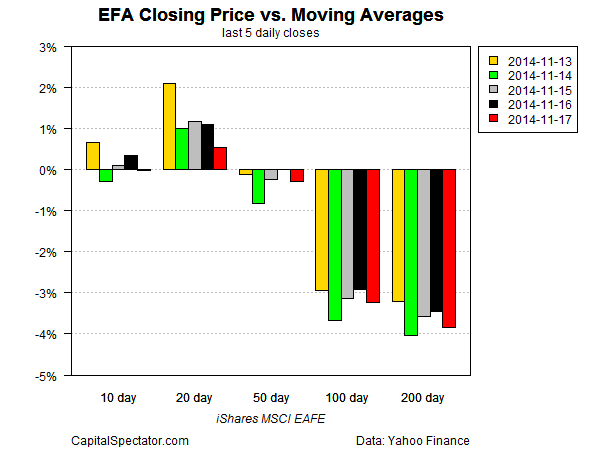GLOBAL MARKETS WEEKAHEADReassessing sovereign debt strategy
Post on: 4 Июль, 2015 No Comment

Analysis & Opinion
LONDON Dec 3 (Reuters) — Investors are looking to use any stabilisation in government bond markets to reassess their game plans as risks from the euro zone debt crisis and upside economic surprises darken the outlook for sovereign debt.
In rollercoaster trade in the past week, euro zone government bond markets fell sharply and the euro hit a 2-1/2 month low versus the dollar before stabilising as European Central Bank buying of peripheral debt eased concerns the crisis would spread to bigger economies such as Spain and Italy.
But event risks loom in the coming week.
Ireland’s government faces a parliamentary vote on its 2011 budget, the first major test set as a condition of its IMF/EU bailout [ID:nLDE6B10J0A], while European finance officials are also due to meet in Brussels for an ECOFIN meeting.
More broadly, uncertainty remains over private sector burden-sharing if sovereign debt is restructured, leading to a repricing of risk free assets.
Upbeat data from China, the United States and even the euro zone point to reasonable growth in 2011, which argues against holding low-yielding assets which also lose value when inflation returns. That in turn could lead to a general shift away from fixed income assets in 2011.
Next year will be a year of growth in the order of 4 percent. Investors are well advised to focus on secure sources of growth and avoid the lure of the crowded trade, said Bill O’Neill, chief investment officer at Merrill Lynch Asset Management.
We generally still prefer equities and commodities to government and corporate debt. Investors are richly rewarded for taking risks. Investors should also treat emerging market debt with caution, taking care to avoid overvalued assets.
The move may be already underway. Reuters global asset allocation polls released in the past week showed investors cut their allocation to fixed income, which includes government bonds and corporate debt, to its lowest level since February. Equity holdings hit eight-month peaks.
According to fund tracker EPFR, bond funds posted back-to-back weeks of outflows for the first time since March 2009, with investors pulling $1.8 billion out of U.S municipal bond funds.
According to Citi, government bonds in Germany and Britain have returned more than 7 percent this year in hedged U.S. dollar terms.
That compares favourably with the benchmark MSCI world equity index .MIWD00000PUS which rose 7.1 percent, although the latter figure does not include dividends.

We would be very cautious towards medium to long term maturities across the world which we feel are significantly overvalued owing to QE (quantitative easing) activity and undue risk aversion, said Andreas Utermann, global chief investment officer at RCM.
INFLATION PROTECTION
For asset managers, protection against inflation is going to be a key theme in 2011 given ultra-loose monetary policy from the Federal Reserve and Bank of Japan and the prospect of further quantitative easing from the European Central Bank.
The ECB pledged on Thursday to keep giving banks unlimited liquidity well into 2011, extending three-month liquidity operations with full allotment at fixed rates until March.
And inflationary pressures are on the rise in the euro zone, according to a forward-looking indicator from the Economic Cycle Research Institute.
The global economic recovery has reached a point where it is starting to put general upward pressure on prices. we think it just a matter of time before inflation in developed markets starting trending higher rather than lower, Morgan Stanley strategist Graham Secker noted.
Investors are likely to look increasingly to switch out of nominal assets such as bonds and cash and into real assets such as equities, commodities and real estate. Equity investors should overweight stocks with good pricing power, such as mining, oil services and chemicals. (Editing by Catherine Evans )














